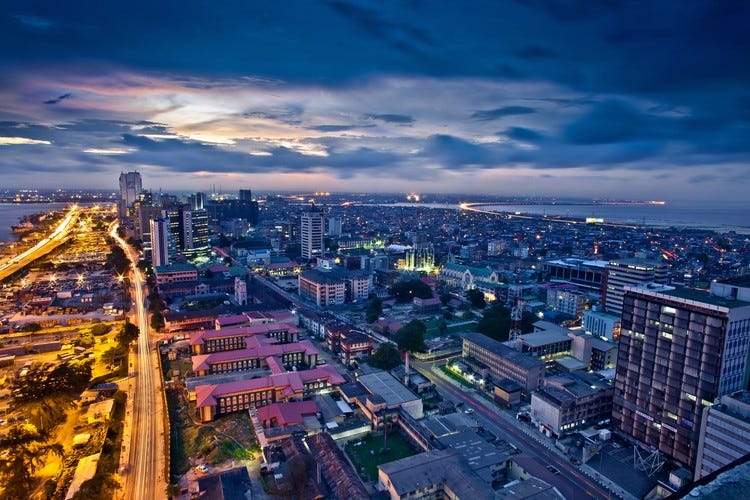Ecosystem Deep Dive #7: Nigeria - African Giant
Just like Burna Boy in music, Nigeria is the giant of African start-ups.

Giants
Just as Nigerian artist Burna Boy is the (rigthfully) self-proclaimed "African Giant" of modern African music, the Nigerian start-up ecosystem deserves the title of "African Giant" when it comes to African start-ups. While not necessarily the most efficient ecosystem on the continent, Nigeria is undoubtedly the largest, as a result of its 210 million people population, 140 million internet users, and relentlessly entrepreneurial youth. The country's most populous city, Lagos, ranked first in the 2021 Global Start-Up Ecosystem Report for top African start-up cities, ahead of Nairobi.
The Nigerian start-up ecosystem is a complex one, powered by its tech-savvy young workforce yet still hindered by systemic problems in infrastructure, regulations and overall ease of doing business. However, as we will discover in the article, that hasn't stopped Nigerian founders from creating some of the most impactful, renown and profitable African start-ups to date.
"In the World Bank’s 2020 Ease of Doing Business ranking, Nigeria ranked 131 out of 190 countries, held back by poorly developed transport and energy infrastructure, and inefficiencies in both the judicial and dispute settlement systems." (FDI Intelligence)


